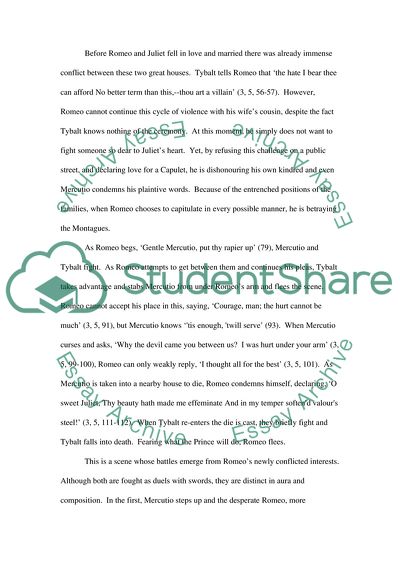Cite this document
(“Where Civil Blood Makes Civil Hands Unclean: Conflict in Romeo and Essay”, n.d.)
Retrieved from https://studentshare.org/literature/1533300-where-civil-blood-makes-civil-hands-unclean-conflict-in-romeo-and-juliet
Retrieved from https://studentshare.org/literature/1533300-where-civil-blood-makes-civil-hands-unclean-conflict-in-romeo-and-juliet
(Where Civil Blood Makes Civil Hands Unclean: Conflict in Romeo and Essay)
https://studentshare.org/literature/1533300-where-civil-blood-makes-civil-hands-unclean-conflict-in-romeo-and-juliet.
https://studentshare.org/literature/1533300-where-civil-blood-makes-civil-hands-unclean-conflict-in-romeo-and-juliet.
“Where Civil Blood Makes Civil Hands Unclean: Conflict in Romeo and Essay”, n.d. https://studentshare.org/literature/1533300-where-civil-blood-makes-civil-hands-unclean-conflict-in-romeo-and-juliet.


